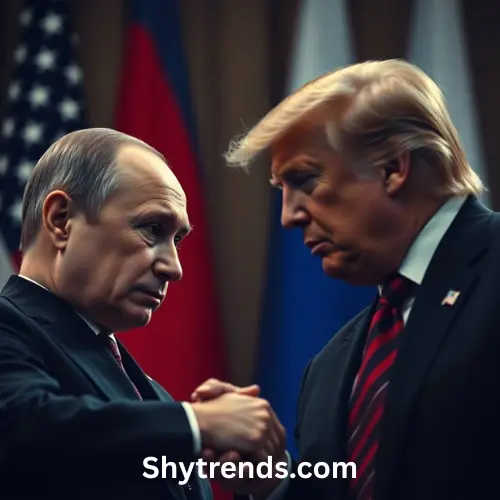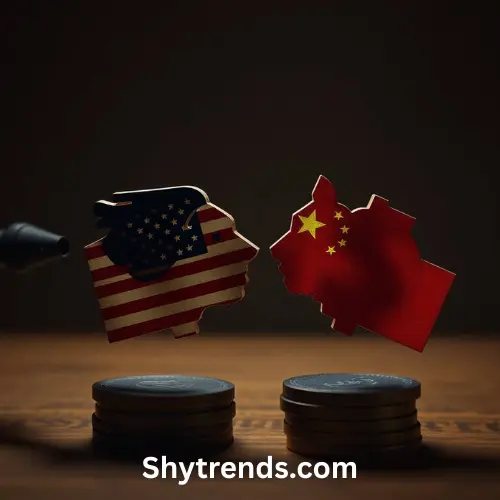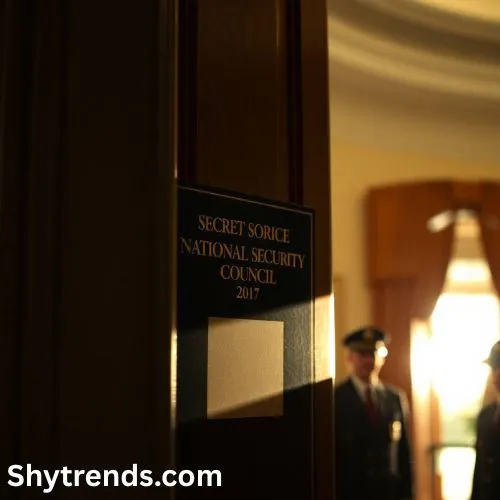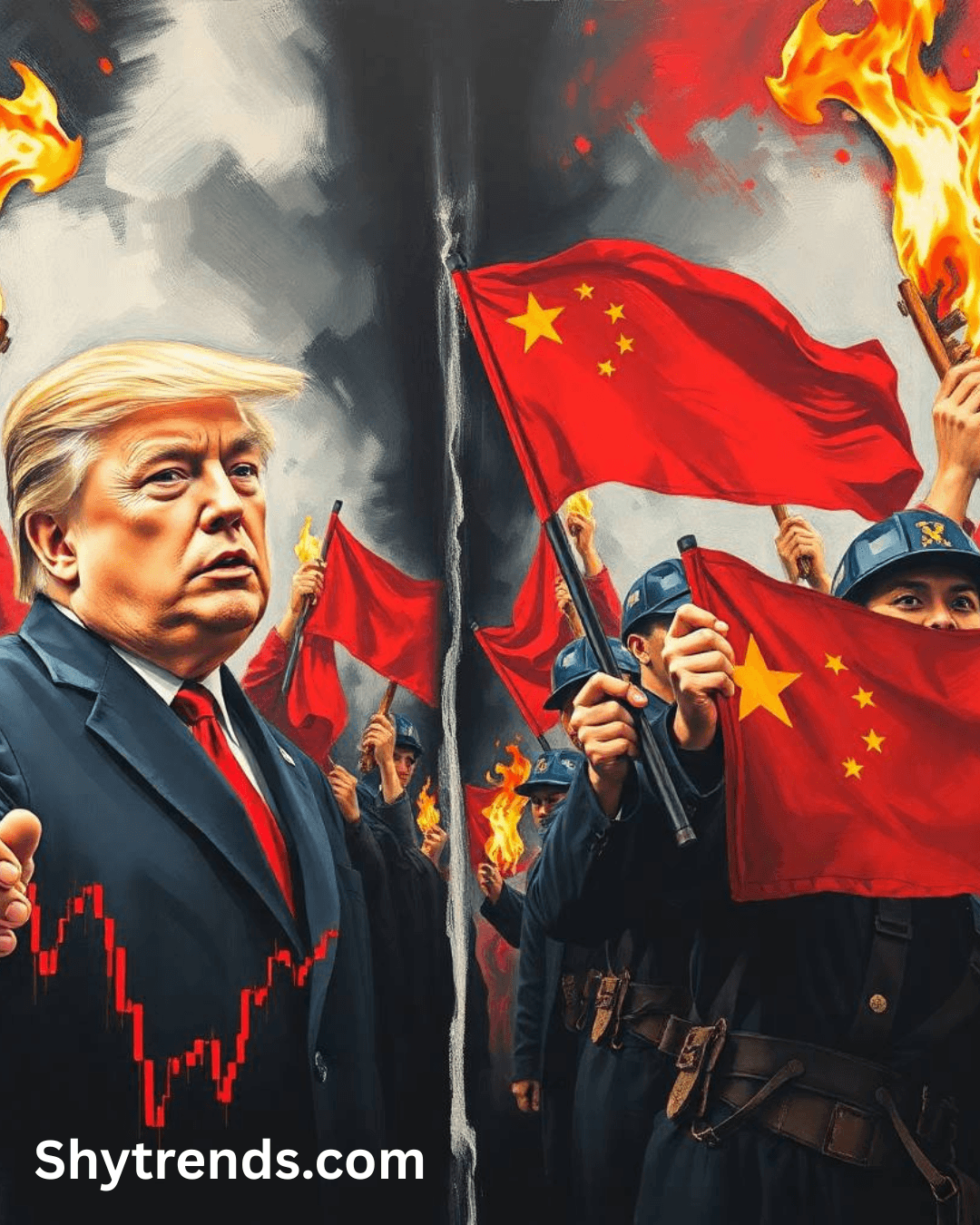China imposes 84% tariffs on U.S. goods in retaliation to Trump’s 104% tariffs, escalating the trade war and impacting global markets.
In a significant escalation of the ongoing trade conflict, China announced on April 9, 2025, that it will impose retaliatory tariffs of 84% on U.S. imports. This move comes in direct response to President Donald Trump’s recent implementation of cumulative tariffs totaling 104% on Chinese goods. The Chinese Ministry of Commerce stated that these measures are set to take effect on April 10, 2025. The Australian+3Business Insider+3New York Post+3Reuters
The U.S. administration’s decision to levy steep “reciprocal” tariffs has been met with strong opposition from Beijing. China’s representative at the World Trade Organization (WTO) expressed “grave concern” over what it termed as “reckless” U.S. actions, accusing Washington of violating WTO rules and undermining the multilateral trading system. China emphasized its commitment to defending its legitimate interests while opposing trade wars. CBS News+2Reuters+2The Australian+2
In addition to the tariff hike, China has expanded its export control list, adding 12 American companies, including American Photonics and Novotech, effectively banning exports of dual-use items to these firms. Furthermore, six companies, such as Shield AI and Sierra Nevada Corporation, have been placed on China’s “unreliable entities” list, barring them from trade and investment activities within China. New York Post
The escalation has had immediate repercussions on global financial markets. Major indices have experienced significant declines, with the S&P 500 and Dow Jones futures dropping approximately 1.7% to 1.8%. European markets have also seen sharp downturns. Analysts warn that this standoff could inflict visible economic harm and prolong uncertainty in global trade and growth. Business Insider
President Trump has described the tariffs as both permanent and a negotiation tool, presenting mixed messages about their future. He insists that China’s retaliation is a mistake and remains hopeful for a future deal. Meanwhile, Beijing has criticized the U.S. for economic bullying and is seeking alliances with the European Union against U.S. tariffs. Potential further responses from China could include bans on U.S. agricultural products, films, and business collaborations. ReutersThe Australian
Market Impact
The financial markets have responded negatively to these developments. The SPDR S&P 500 ETF Trust (SPY) is currently priced at $496.48, down 1.45% from the previous close. Similarly, the SPDR Dow Jones Industrial Average ETF (DIA) stands at $376.48, reflecting a 0.79% decrease. The Invesco QQQ Trust Series 1 (QQQ) has also declined by 1.76%, now priced at $416.06.Business Insider
Conclusion
The intensifying trade war between the U.S. and China poses significant risks to global economic stability. Both nations have taken firm stances, implementing substantial tariffs that not only affect bilateral trade but also have broader implications for international markets. As the situation unfolds, stakeholders worldwide are closely monitoring developments, hoping for a resolution that can mitigate further economic disruption.















Leave a Reply